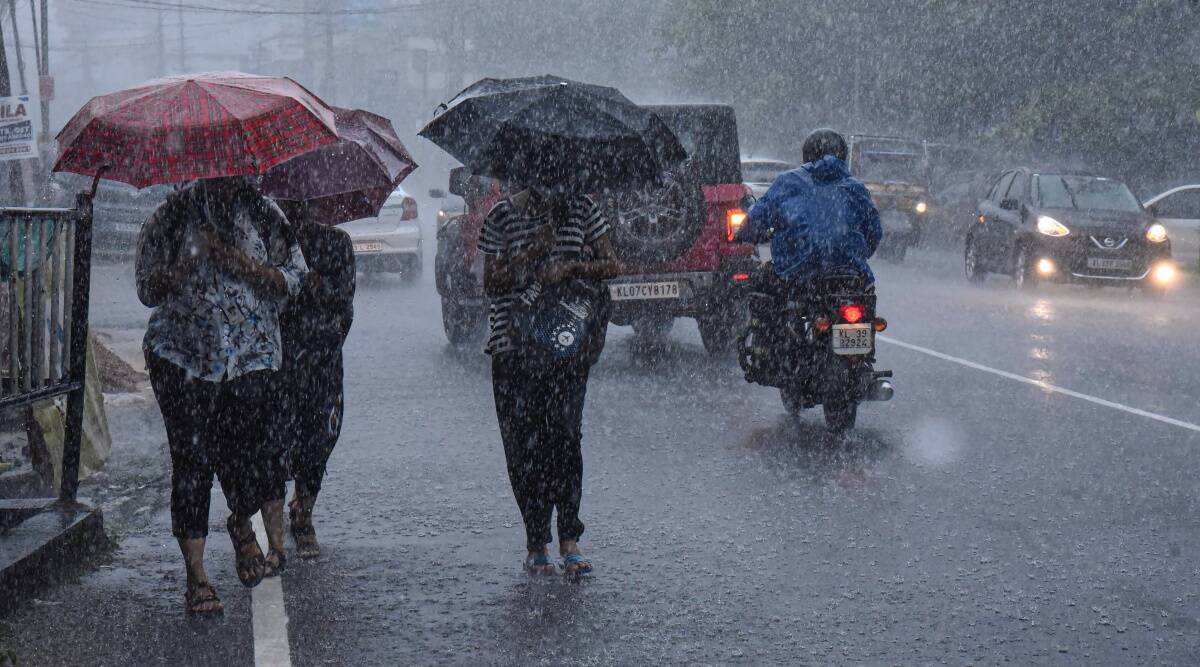The India Meteorological Department (IMD) has expressed its willingness to allow data start-ups to mine its repository of weather information, dating back over 100 years, and find solutions for better advisories and forecasts.
Speaking to The Indian Express, Mrutyunjay Mohapatra, IMD director general, said, “The IMD has accurate and scientifically curated data about weather of over 100 years. Data like rainfall, temperature, surface temperature, etc., can offer useful and very pertinent pointers to climate events.”

He said, “Data science and its tools can be used on such a data bank to develop clues and solutions that can be fed into the system for the creation of useful advisories and forecasts.”
Mohaptra was speaking on the sidelines of the inauguration of the new observatory building of the Central Agro-meteorological Observatory (CAgMO) in Pune on Tuesday. His remarks assume significance at a time when weather science and advisories have seen traction from private players seeking access to credible data and authentic forecast models.
Established in 1875, IMD is the principal institution involved in meteorological observations and services in the country. Its mandate includes issuing short term and long range forecasts for all weather-related phenomena such as rainfall, cyclones, drought, heat waves, etc.
Weather data is useful for scientists to understand extreme events, like droughts and floods, and data science has been used in developed countries to study weather patterns and evolve mitigation strategies, especially for agriculture.
The CagMO observatory in Pune was inaugurated by M Ravichandran, Secretary, Ministry of Earth Sciences. Located in the premises of the College of Agriculture, the observatory has been in operation since 1856.









